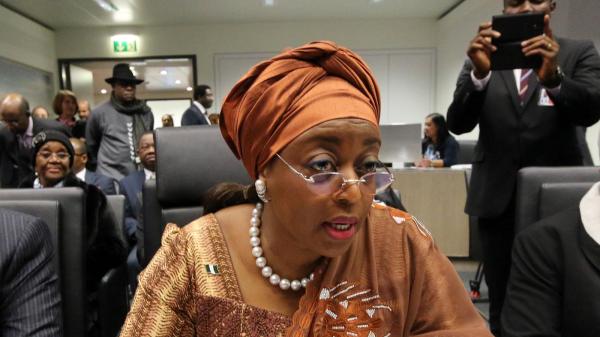The International Monetary Fund
TUESDAY, 19th October, 2021: The International Monetary Fund has stated that cryptocurrencies may appear as a safer store of value to residents due to the weak central bank credibility and vulnerable banking system in emerging economies.
The IMF disclosed this in a report titled, "COVID-19, crypto and climate: Navigating challenging transitions."
According to the IMF, crypto adoption in some emerging markets and developing economies was driving a wave of "cryptoisation" by outpacing its adoption in advanced economies.
It said, "Unsound macroeconomic policies combined with inefficient payment systems in some emerging markets and developing economies boost crypto adoption.
“Some potential pull factors for crypto adoption, such as speculative retail investing, may be common across countries, but some of the recent drivers are likely more specific to a subset of emerging markets and developing economies. For example, weak central bank credibility and a vulnerable banking system can trigger asset substitution as domestic residents seek a safer store of value.”
According to the IMF, dollarisation pressures are a persistent risk for several emerging markets and developing economies.
It said, “The crypto ecosystem can help domestic residents convert some of the headwinds of traditional dollarisation -such as exchange rate restrictions and challenges in accessing and storing foreign assets – into tailwinds.
“For example, global crypto exchanges or other less secure methods, such as P2P transfers, can be used to bypass capital flow management measures; private wallets can act as a form of offshore bank account to store wealth.”
According to the fund, inefficiencies in payment systems such as a lack of interoperability among various domestic payment systems are a major problem for remittances as well as trade.
It said that given the large share of unbanked people in some emerging markets and developing economies, remittances took place through cumbersome cash-based methods, such through post offices and other transfer operators.
The IMF added the payment rails of crypto assets could make some of these services faster and cheaper, especially through the integration of stablecoins.






















